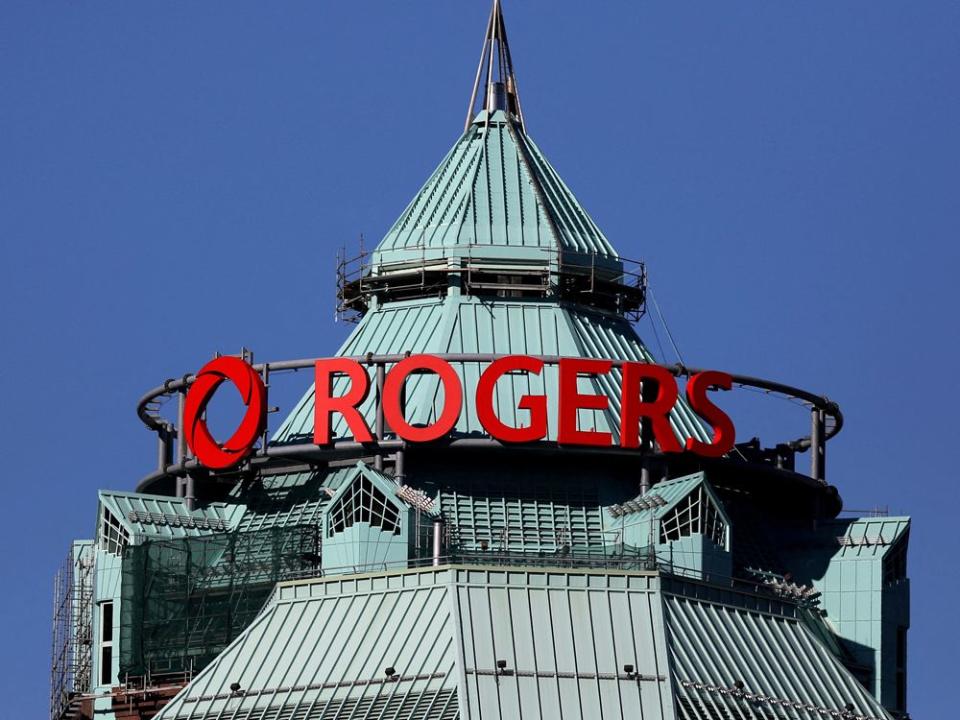Competition Bureau appeal of Rogers-Shaw approval to be heard Jan. 24

A federal court will hear the Competition Bureau‘s appeal of a tribunal decision to approve the merger between telecom giants Rogers Communications Inc. and Shaw Communications Inc. later this month, adding a new layer of uncertainty to one of the biggest corporate combinations in Canadian history.
On Tuesday, the Federal Court of Appeal said it would hold the hearing on Jan. 24, one of the dates proposed by Rogers and Shaw, and not in March, as proposed by Competition Bureau.
The court had earlier granted an emergency interim stay of the Competition Tribunal’s approval of the merger in light of the appeal from the Bureau, which has steadfastly opposed the deal. The deal is now blocked from closing until the appeal is heard.
On Friday, Rogers and Shaw had extended the outside date for the $26-billion transaction’s closing to Jan. 31 from Dec. 31, which automatically extended Quebecor Inc.‘s $2.85 billion acquisition of Shaw’s Freedom Mobile to the same date. The telecom giants had originally expected to close the transaction in the second quarter of 2022.
“There is considerable time sensitivity surrounding the closing of this transaction within the outside date,” Jonathan Lisus, a lawyer for Rogers, wrote in a letter to Federal Court of Appeal Justice David Stratas on Monday. Lisus said failing to close the transaction before that date poses a “significant risk” that the deal will not proceed in its current form or at all.
Rogers and Shaw proposed an expedited appeals hearing on Jan. 23 or 24, subject to the court’s availability to accommodate a possible decision and closing of the transaction before Jan. 31, should the Bureau’s appeal be dismissed, Lisus said.
In a filing submitted to the court Jan. 3, Rogers argued that timelines proposed by the Bureau to hear the appeal in March was “unworkable and not consistent with commercial reality.”
National Bank analyst Adam Shine said the appeal not only could add months to the regulatory review process, but also opens the door to a further appeal to the Supreme Court.
Further delays could bring additional costs to Rogers. Maher Yaghi, a telecom analyst at Scotiabank, said in a note that the company will already likely be forced to make an additional bond payment in early January as the transaction did not close before the end of 2022. Lawyers for Rogers stressed during the weeks-long tribunal hearings that if a decision wasn’t reached before Dec. 31, the company would have to pay out an additional $250 million to bondholders.
In addition to the Tribunal’s approval on Dec. 29, the transaction has already been given the green light by Shaw shareholders and the Court of King’s Bench of Alberta, while the Canadian Radio-television and Telecommunications Commission approved the transfer of Shaw’s broadcasting licences to Rogers in March last year. All that is left aside from the appeal is an approval from Innovation, Science and Economic Development Canada (ISED), led by industry minister François-Philippe Champagne.
“There is no certainty with respect to the timing or outcome of the Commissioner’s application for an injunction or the appeal,” Rogers and Shaw said in a joint statement on Friday.
Michael G. Osborne, chair of the Canadian competition practice at law firm Cozen O’Connor LLP, said the tribunal’s reasons for appeal consist predominantly of findings of fact, which are “all but impossible to reverse on appeal.”
Vass Bednar: The Rogers-Shaw competition ruling shows the system is broken
Rogers, Shaw shares surge after Competition Tribunal approves merger
Prices for Canadian cell services rose for first time since 2019 in November
First, the Commissioner of Competition has to obtain leave from the court to challenge findings of fact. Then, even if leave is granted, the high standard by which the findings will be reviewed is whether there was a “palpable and overriding error,” he said. Moreover, unless the appeal court finds that the tribunal didn’t properly apply a legal test, it will defer to its findings, Osborne said.
He noted that the commissioner’s appeal continues to focus on the importance of assessing the original merger between Rogers and Shaw, and then assessing whether the sale of Freedom Mobile to Quebecor sufficiently remedies a substantial lessening of competition.
“The difficulty with this approach is that because the test ultimately is the same, the only real issue is who bears the burden,” said Osborne. “Cases almost never turn on burden of proof.”
He said the tribunal went “well beyond a mere finding” that there would be no substantial lessening of competition, concluding that there would be more competition with the merger and divesture than there would have been had the transactions not happened.
Osborne said he was troubled by the commissioner’s assertion that the tribunal decision was rushed, and noted that the Competition Bureau “took nearly a full year to even tell Rogers and Shaw what concerns it had with the merger.”
• Email: dpaglinawan@postmedia.com | Twitter: denisepglnwn
• Email: bshecter@nationalpost.com | Twitter: BatPost

 Yahoo Finance
Yahoo Finance